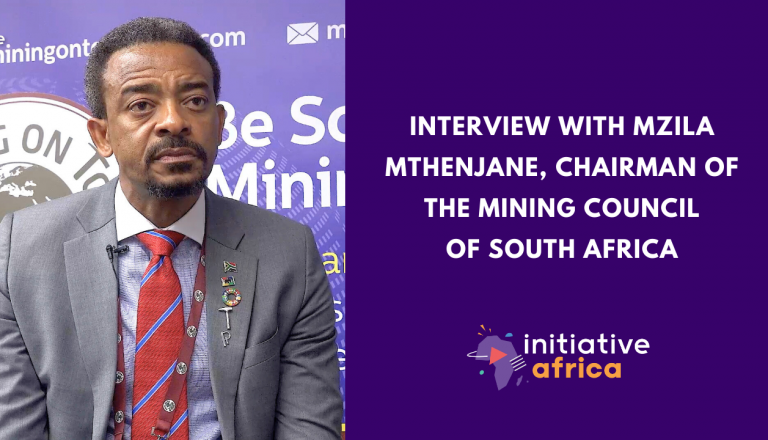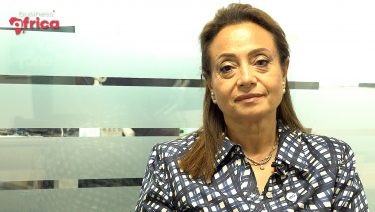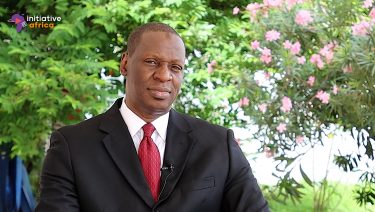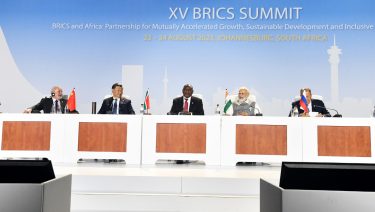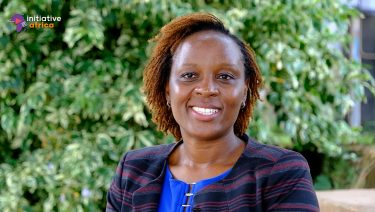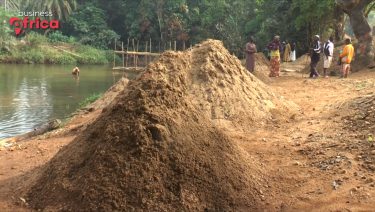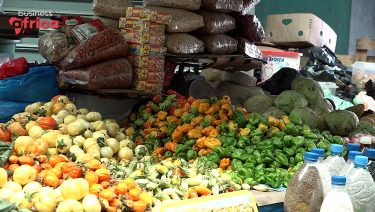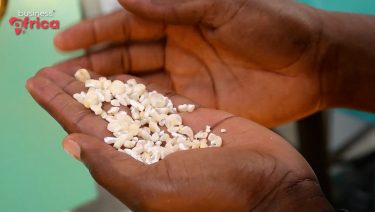Publications
Modibo Mao Makalou, Malian economist
With a background in economics and business finance in Canada and the United States, Modibo Mao Makalou was responsible for designing and evaluating development policies and strategies at the Office of the President of the Republic of Mali between 2004 and 2017. In this interview, he discusses issues such as the situation in Mali three years after the coup d'état, the future of the fight against terrorism in the Sahel and how the continent can unite to better defend its mining interests, which fuel conflicts and are often based on the exploitation of children.
BRICS: Egypt and Ethiopia join as new members
Priyal Singh, Senior Researcher at the Institute for Security Studies, joined us this week on Business Africa to talk about the importance of the arrival of two new African members to the BRICS group.
Esther Kariuki, winner of the African Banker Award 2023
Esther Kariuki, head of agribusiness at the Co-operative Bank of Kenya, has just won the prestigious African Banker of the Year award. This advocate for the cause of farmers and supporter of women's autonomy in the sector also brings to the bank her expertise in converting farms into profitable businesses.
The sand business in Cameroon
In the village of Madenkene, Cameroon, small-scale extraction and sale of sand are the inhabitants' primary income sources. It's one of the cogs in a very active construction sector propelled by galloping urbanisation. Men, women and children take part in this arduous work, which they see as essential to the development of their community.
Agriculture: soil-less farming, a solution for the future?
Soil-less agriculture, or hydroponics, involves growing food plants on agricultural, agro-industrial and even landfill waste substrates. It is mainly developed in greenhouses or closed, controlled environments. This type of agriculture responds to the constraints of land scarcity and soil erosion, can be adapted to all essential crops and helps to combat deforestation. In Grand-Bassam in Côte d'Ivoire, a group of enthusiasts have taken up the subject of soil-less planting and adapted it to the production of Big Sun, the famous "good-smelling pepper ".
Morocco, a land of opportunity for young Africans
Lancinet Kémoko Sidibé is a Guinean entrepreneur and CEO who set up his shea butter and black soap industry in Morocco in 2012. He now sells his products in 15 countries around the world. This cosmetics processing unit in Casablanca has enabled him to make an active social commitment to help Africans struggling as immigrants. Since its creation, around a hundred young people have been able to find employment. In the late 2000s, Morocco became one of the continent's top destinations for foreign direct investment and, according to the Global Entrepreneurship Index, is ranked third in the Middle East and North Africa region.
Interview Gagan Gupta
Gagan Gupta is the founder and CEO of Arise IIP, an Africa-based investment fund that develops and operates industrial ecosystems in Gabon, Togo and Benin. Industrial zones are currently under construction in Côte d'Ivoire, the Republic of Congo, Chad, Nigeria and Sierra Leone. This Indian entrepreneur is behind the Nkok special economic zone in Gabon, the GSEZ. He aims to change the development model in Africa to reduce unemployment and income inequality while helping preserve the environment. To do this, he recommends creating value within the country by eliminating intermediaries and obtaining fair prices, creating jobs on the continent and reducing the carbon footprint by relocating the processing of raw materials to produce finished products.
Food self-sufficiency in the Congo
In the North Kivu province, ravaged by the war between the Congolese armed forces and the M23 rebels, the agricultural sector is now severely affected. Bernard Bahati is a Congolese entrepreneur from eastern DRC who is convinced that food self-sufficiency is a prerequisite for economic development and even the return of peace. With his maize processing factory, Okapi-Agrobusiness, which employs 50 people and which he financed himself, he has decided to contribute to food security in the region.

Don't miss our publications, subscribe to our newsletter!

